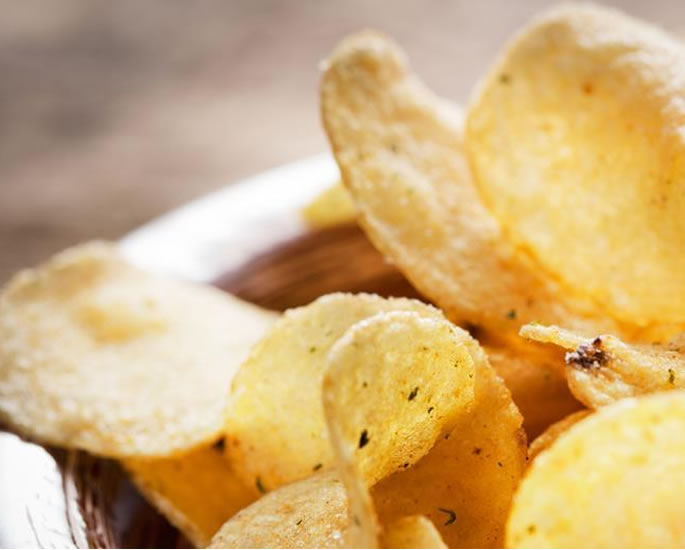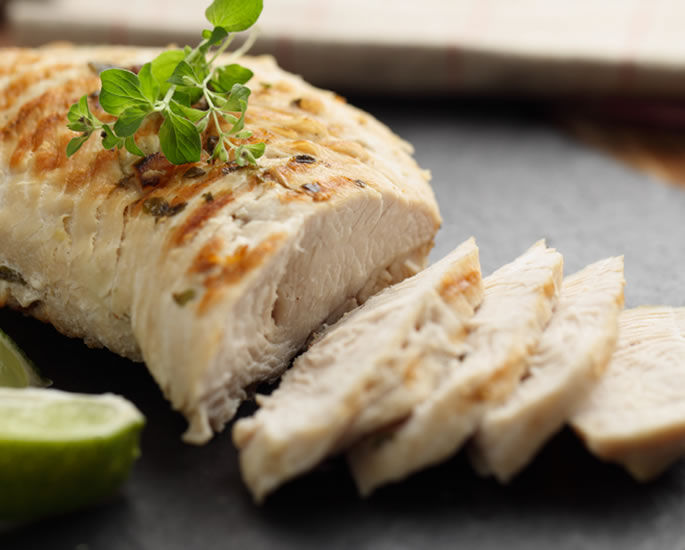"raised cholesterol is a serious problem we can’t ignore.”
Keeping an eye on your cholesterol levels is important, especially during winter. Fortunately, there are simple lifestyle changes that can help reduce it.
Cholesterol is a fatty substance found in the blood.
Too much cholesterol can lead to serious health problems as it can block arteries. If left untreated, this can cause heart attacks and strokes.
As winter approaches, many of us will enjoy lots of comforting food and drinks. But this can easily raise your cholesterol levels without realising it.
Thankfully, there are ways you can reduce your cholesterol levels.
GP and TV personality, Dr Amir Khan, gives tips on how to manage cholesterol throughout the winter. He said:
“We all want to enjoy the foods that we love without having to worry about the consequences, especially during a season where we typically eat richer foods, however, raised cholesterol is a serious problem we can’t ignore.”
Due to the higher diabetes risk in South Asians, which is up to six times more common in South Asians than in the general population, it can lead to high blood pressure and high cholesterol.
Here are five ways to reduce cholesterol during winter.
Sensible Snacking

Winter is a time well known for stocking up on comforting snacks.
Especially, for festive celebrations in winter such as Christmas, where crisps, nuts and dips, are available in all sorts of varieties. Many of which can be very high in fats.
So, look at swapping fried snacks for baked alternatives. Or look for changing from potato snacks to other types such as lentil-based ones.
South Asian snacks are very popular for as visiting guests or holiday eating while binge-watching television shows. These can be very high in saturated fats due to them being fried. Swap them for healthy alternatives.
Dips are also often laden with ingredients that are higher in fat. So, change them for healthier ones, such as homemade Greek yoghurt-based or tomato salsa dips.
Pies and other pastry products also tend to gain popularity during the colder season. Popular ones include samosas, pakoras, sausage rolls, and pork pies.
Hence, reducing how much you snack on popular pastries such as sweet and savory ones can help significantly.
For the festive season, mince pies are a staple for many households. Therefore, making homemade ones using filo pastry instead of shortcrust pastry can significantly reduce the fat content.
Leaner Proteins

Processed red meats such as sausages and bacon are common in winter breakfasts, sandwiches, and roast dinners.
However, they are high-cholesterol foods, and not only do they increase the risk of heart disease but they have also been linked to various cancers.
Opting for white leaner white meats like turkey is a great alternative, especially the breast meat. But do remember to remove the skin which does add to the fat content of a dish.
Eggs are also a good form of protein as long as they are eaten in moderation. The cholesterol in eggs does not have a significant effect on blood cholesterol according to Heart UK.
If you are a non-meat eater, look at protein-packed foods such as tofu, seitan, chickpeas, kala channa, and high-protein vegetables.
Avoid eating too many processed vegan products which can be laden with sugary and fatty ingredients.
Fish is another great option to eat during the cold weather. For example, salmon is full of unsaturated fats that can help lower bad fats in your body.
Turmeric

Add more turmeric to foods. It contains a compound called curcumin, which has been shown to reduce total cholesterol and harmful low-density lipoprotein levels in our blood.
Try turmeric tea instead of high-fat and sugary latte drinks. Use more of it in your cooking.
Ground turmeric is delicious and can be added to scrambled eggs as part of a breakfast or lunch, or to roasted vegetables to give extra flavour.
Be More Active

It is easy to relax during the winter months, but movement will benefit both cholesterol levels and mental health.
Don’t think of it as exercise and it can be anything such as dancing, gardening, a brisk walk, or hoola-hooping.
Do light weights and other simple exercises at home by creating your own fitness routines if it is too cold to go outdoors during the winter months.
Play physically active games on consoles like the Wii and Playstation.
Go for long walks or runs which can be very exhilarating during the colder months.
Not only does exercise improve physical fitness and help combat obesity, but it also reduces harmful low-density lipoprotein and increases beneficial high-density lipoprotein.
Swap Dairy for Healthier Alternatives

Dairy products such as whole milk, butter, and high-fat cheeses are often popular in winter.
Crackers with dairy butter and cheese are a fan favourite when it comes to festive foods, however, too much dairy butter or cheese can contribute to high cholesterol levels.
Therefore, try swapping butter with a healthier spread like Flora ProActiv spread which contains plant sterols.
Also, avoid fatty margarine in cooking or on toast, and use lighter and less salty products.
Ghee can also contribute to saturated fat intake. One tablespoon of ghee can contain 10g of saturated fat. So, try alternative healthier oils for cooking.
Eating cheeses like cottage and feta cheese can help reduce your fat intake compared to soft cheeses and highly processed cheeses.
When it comes to full-fat milk, exchange it for semi-skimmed or skimmed versions. Or try plant-based milk which provides additional minerals and vitamins added to them.
Making any changes to diet and lifestyle for improved cholesterol levels will always be welcomed by your body.
A healthy level of total cholesterol in the blood is five or less millimoles per litre (mmol/l).
More specifically, a healthy level of high-density lipoprotein is one or more mmol/l, whereas you should have four or less mmol/l of low-density lipoprotein.
Having high cholesterol is usually linked to a number of lifestyle factors, including diet and exercise, however, it can also be gene-based and linked to family history.






























































